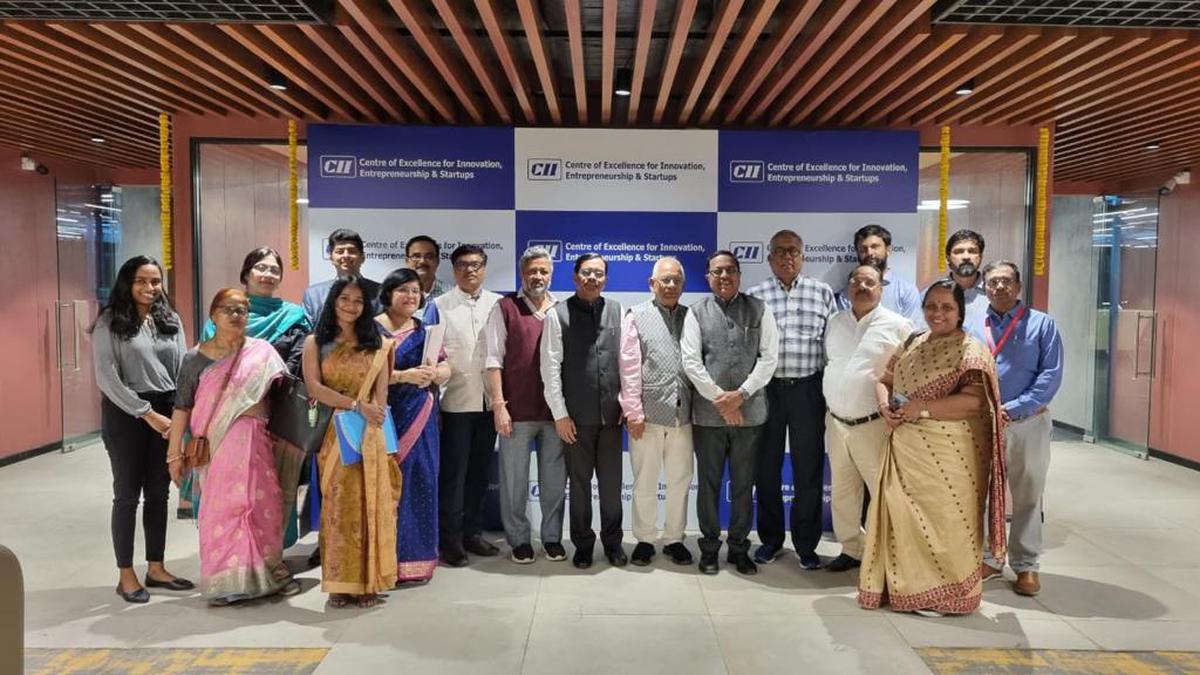
More deliberations needed for reforms in higher education
The Hindu
HYDERABAD
The Choice Based Credit System (CBCS) is a little confusing and there is a need for further deliberations before the three-year degree courses are changed to the four-year degree courses, felt Sudhanshu Bhushan, Vice-Chancellor, National Institute of Educational Planning and Administration (NIEPA).
Speaking on multi-entry, exit, and adaptive curriculum in higher education institutions, he suggested that there should be necessary planning towards solving the problems backed with experience and pertinent research. He expressed these views while delivering a keynote address at the All India State Higher Education Councils meet in the city on Thursday.
Prof. Sudhanshu opined that there’s a scope for many reforms in the higher education sector through the National Education Policy-2020 and this requires better coordination between higher education councils, State universities and the University Grants Commission (UGC).
Stating that the NITI Aayog and the National Education Policy encourage competitive federalism in the education sector, he, however, said that Central and State governments should work together in the spirit of federalism. It is the Central government’s responsibility to improve the quality standards in the higher education sector, he felt.
Prof. R. Limbadri, Chairman of the Telangana State Council of Higher Education, suggested that there should be a thorough discussion on dropouts, including economic, social and family-related. Apart from providing quality education, he said courses should be made available in a student-centric manner. He also explained the progress made by Telangana in the field of education and how the number of students in higher education increased over the years.
Vakati Karuna, Secretary of Education, said transformation in education sector is inevitable and there is a need to have an industry-centric curriculum. She suggested that advanced technologies, including data science and cutting-edge technologies, should be part of the curriculum to attract students.
Pradeep Kumar Mishra, Director, Center for Policy Research in Higher Education, NIEPA; Prof. V. Venkataramana, vice-chairman, TSCHE., and representatives from State Councils of Higher Education shared their views and they all argued for wider consultations on reforms and better coordination between the State Councils.













